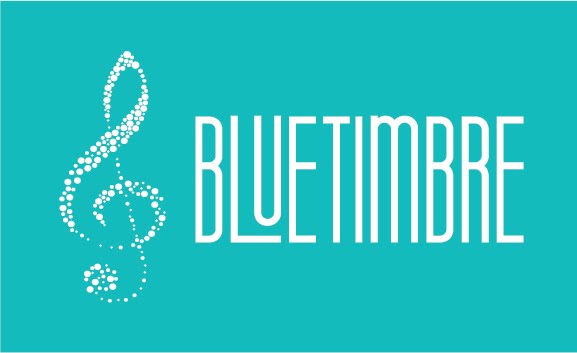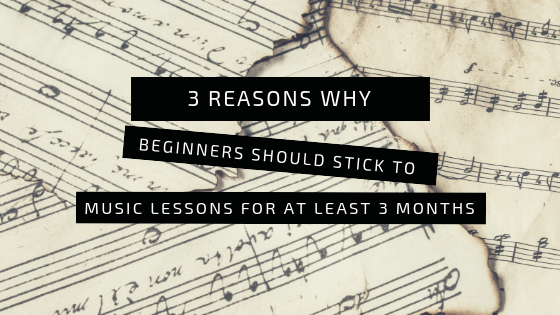If you haven’t ever seen a game of
cricket, chances are you are just average at playing the game too. Simple reason
being that you don’t understand the context of the game. Playing an instrument
is the same. You may have the knowledge but if you don't listen to songs/music,
how are you ever going to be able to apply them? To be able to test your skills
you need to have an idea, a reference to evaluate what you have learnt. Music
is something everyone enjoys, so there is no need to force anyone to listen to
music. In this blog, we talk about how listening to music is absolutely essential
it is for you to grow as a musician.
1. Context
Every technique that you learn, every
theoretical lessons has a role to play. Songs help you demystify them. You can
hear techniques being applied, scales being followed which, only strengthens
your understanding of it. It is amazing to be original but even originality
needs an inspiration and a reference to create. Listen to your favourite
artists, try to imitate them and it will inspire you to be better.
2. Aural(listening) Skills
It is emphasised time and again that aural(listening)
skills are really crucial for a musician. Good aural skills makes you a more
complete musician. Songs help you develop a sense of rhythm and familiarise you
with different dynamics of sound including melody constructions which, are very
important to create good music. You start to understand the difference in notes
and apply them by just listening to a tune.
3. Learning different styles
There are so many different styles/genres
of music and every one of them is unique. You will only get the idea of
applying the same knowledge of your theory and technique differently to sound
unique each time by listening to as many different genre of songs as possible.
So explore and learn to use your skills differently to unlock skills to new
genres of music.
4. Inspire Yourself
Songs that excite you inspire you to
practice more, sharpen your skills and pushes you to dedicate more time to your
instrument. Follow your idols, their moves, their techniques and integrate them
into your playing style. It just pushes you to dedicate more time and effort to
developing your skills which, will fast track your progress to becoming a
better musician.
Listening to a range of different types
of music is a vital part of your learning as it connects your playing skill to your
knowledge of techniques and concepts. It shows you the application of the
techniques you learn and encourages you to experiment more practically with
your instrument. Thus, the more you listen, the better your grasp will be on
how to approach a song or a certain technique that you have been learning on
the instrument. So don’t just play your instrument, find time to listen to plenty
of music and get inspired!
BlueTimbre is a unique Music Company that provides Music Education and Recording Studio services. BlueTimbre also works with schools to provide end-to-end Music Education solutions for schools.
The BlueTimbre team comes with decades of cumulative experience in running Structured Businesses, Music Curriculum Development, Music Education and Performance.




